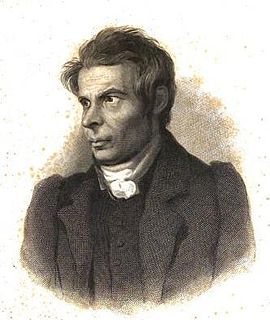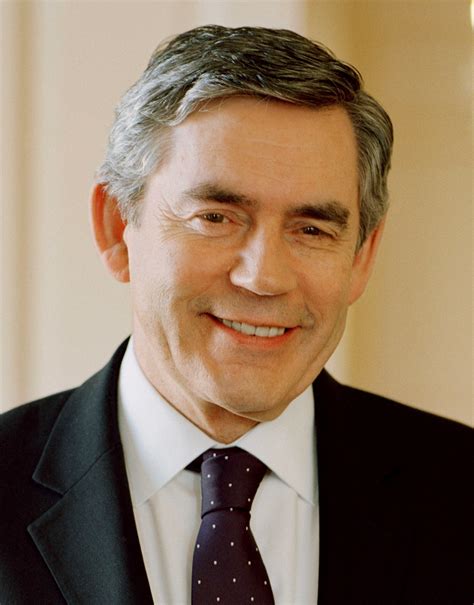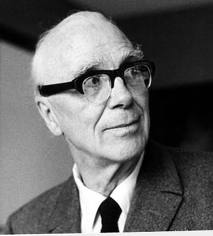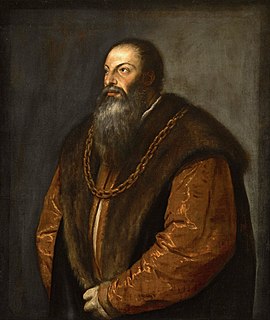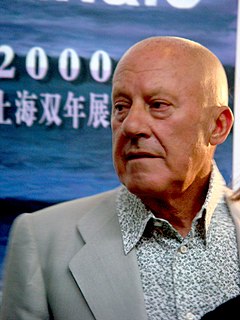A Quote by Thomas Tredgold
Engineering is the art of directing the great sources of power in nature for the use and convenience of man.
Quote Topics
Related Quotes
Civil Engineering is the art of directing the great sources of Power in Nature for the use and convenience of man; being that practical application of the most important principles of natural Philosophy which has in a considerable degree realized the anticipations of Bacon, and changed the aspect and state of affairs in the whole world. The most important object of Civil Engineering is to improve the means of production and of traffic in states, both for external and internal Trade.
High art consists neither in altering, nor in improving nature; but in seeking throughout nature for 'whatsoever things are lovely, whatsoever things are pure;' in loving these, in displaying to the utmost of the painter's power such loveliness as is in them, and directing the thoughts of others to them by winning art, or gentle emphasis.
No matter how much creativity goes into it, cooking is an art. Or perhaps I should say a craft. It abides by absolute rules, physics, chemistry, etc. and that means that unless you understand the science you cannot reach the art. We're not talking about painting here. Cooking's more like engineering. I happen to think that there is great beauty in great engineering.
Engineering is not merely knowing and being knowledgeable, like a walking encyclopedia; engineering is not merely analysis; engineering is not merely the possession of the capacity to get elegant solutions to non-existent engineering problems; engineering is practicing the art of the organizing forces of technological change ... Engineers operate at the interface between science and society.
Gradually, ... the aspect of science as knowledge is being thrust into the background by the aspect of science as the power of manipulating nature. It is because science gives us the power of manipulating nature that it has more social importance than art. Science as the pursuit of truth is the equal, but not the superior, of art. Science as a technique, though it may have little intrinsic value, has a practical importance to which art cannot aspire.
Inability to accept the mystic experience is more than an intellectual handicap. Lack of awareness of the basic unity of organism and environment is a serious and dangerous hallucination. For in a civilization equipped with immense technological power, the sense of alienation between man and nature leads to the use of technology in a hostile spirit—-to the “conquest” of nature instead of intelligent co-operation with nature.
So long as the processes of healing were not understood and man thought that the power to heal resided in substances and things outside of him, he logically sought for extrinsic means of healing, and a healing art was a logical development. The system of medicine, as we know it today, was a logical development out of the fallacy that healing power resides in extrinsic sources.
When man invented the bicycle he reached the peak of his attainments. Here was a machine of precision and balance for the convenience of man. And (unlike subsequent inventions for man's convenience) the more he used it, the fitter his body became. Here, for once, was a product of man's brain that was entirely beneficial to those who used it, and of no harm or irritation to others. Progress should have stopped when man invented the bicycle.
